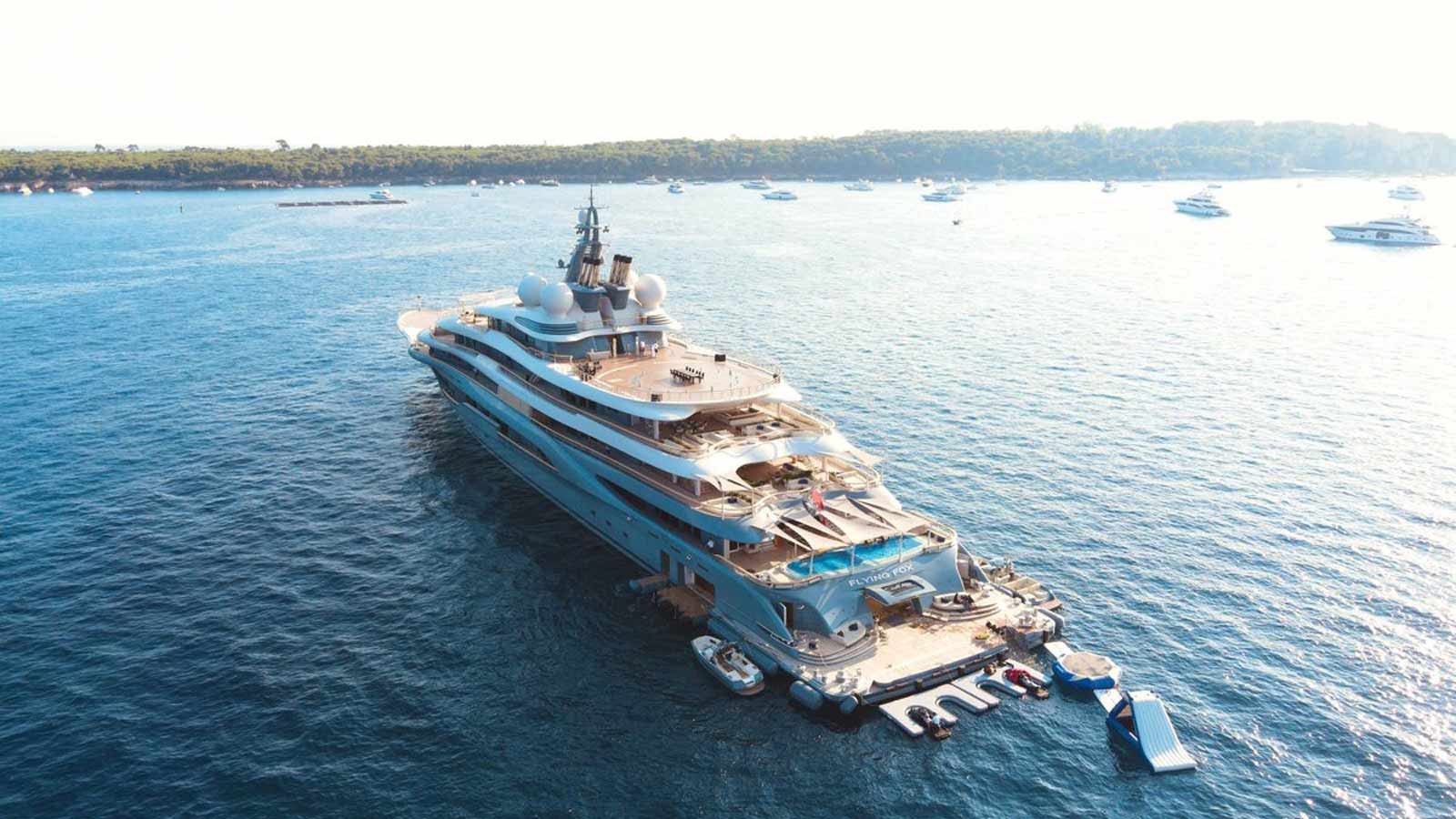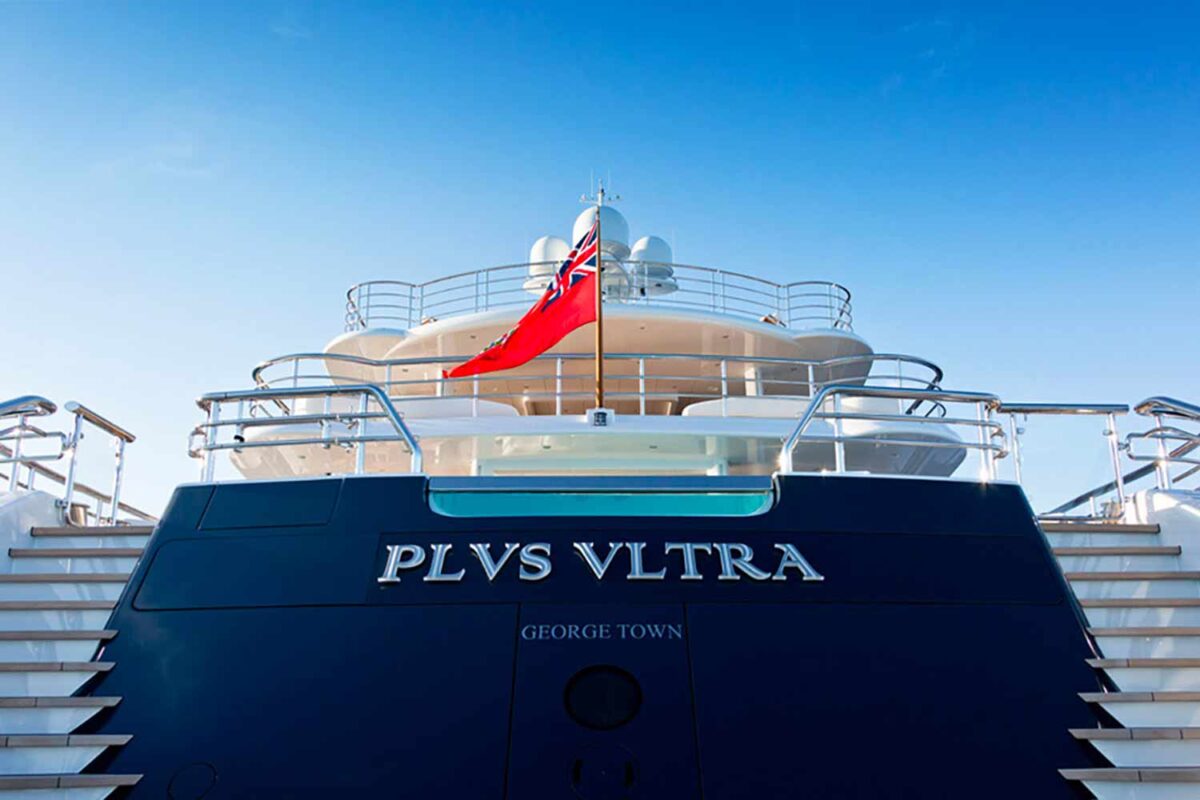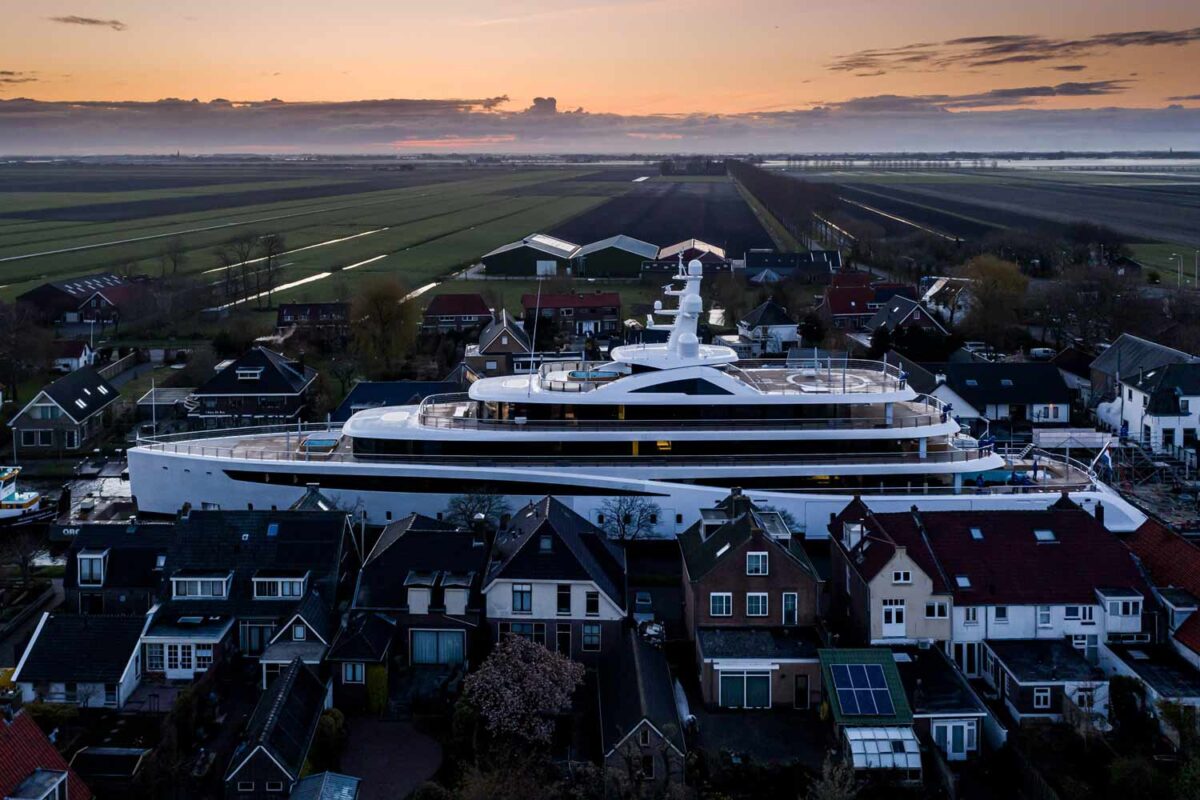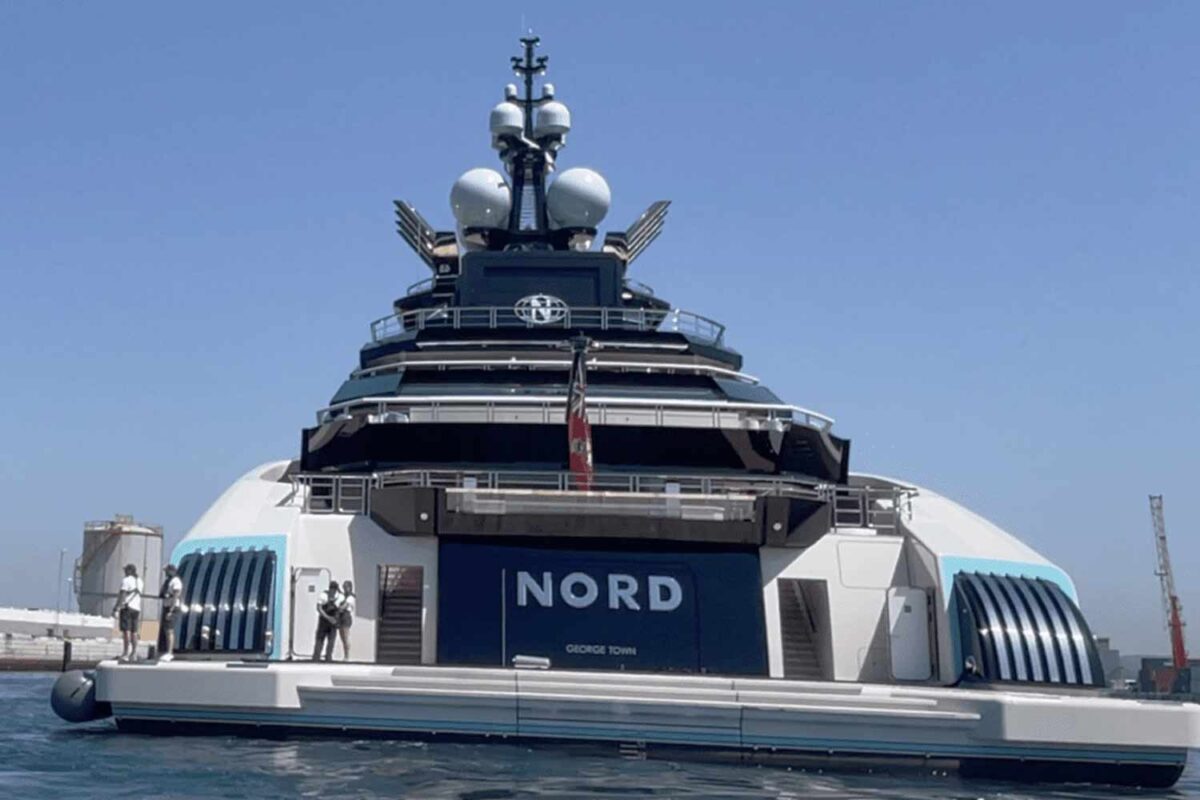
There is a glaring coincidence in the superyacht world you’ve probably overlooked. That coincidence? All the big name superyacht hangouts – think Monaco, George Town (Cayman Islands), Hamilton (Bermuda), Malta – are tax havens.
That’s right: superyacht owners aren’t stupid (at least when it comes to money, anyway). They know (or they learn, after years of trial and error) how to minimise their tax and how to reduce the frequency with which they rub up against bureaucracy.
As Nomad Capitalist, a company that offers “holistic strategies to help successful entrepreneurs and investors legally reduce their tax bill, create a Plan B, and grow their wealth globally” explains, many boat owners register their yachts in places like the Cayman Islands to avoid the strong tax system and regulations of the United States.It’s not just the Cayman Islands. Panama is another favourite and is actually the largest ship registry in the world. With its favourable registration policies, Panama has over 9,000 ships registered to it and claims 22% of the world market share, according to a 2021 webpage published by the Panamanian government.

There are also rules and regulations superyacht owners look out for when it comes to registering their vessells with non-Western countries. Some countries, for instance, require superyacht owners to employ a certain percentage of local crew. For this reason, many superyacht owners gravitate to ‘middle ground’ havens like Panama or the Cayman Islands or Gibraltar, which have favourable tax laws, but aren’t too strict on telling you what to do with your boat.
Superyacht owners also, while not wanting to register their yachts (often) in big-name EU countries like Spain, Italy, France or the UK, or in the USA (due to how expensive it is), still want to register their yachts in countries respected by the EU and the US, so as to reduce their liability to detention and inspections.
Because of this, Nomad Capitalist explains, “a large majority of yachts are flagged in British Overseas Territories, known as the ‘Red Ensign Group’ — including Bermuda, Gibraltar and the Isle of Man.”
And wouldn’t you know it: company tax is set at 0% in the Channel Islands, the Isle of Man, the Cayman Islands, and Bermuda.
Another country popular with superyacht owners is The Netherlands. That’s right: there’s a reason we keep seeing 300ft superyachts slipping through pancake thin Dutch canals. There’s also, presumably a reason why Jeff Bezos chose to get work done on his superyacht in Alblasserdam (although, full disclosure, we don’t know which flag Bezos’ yacht flies for).

“A lot of yacht owners solve this problem by registering under the Dutch flag,” Nomad Capitalist explains. “Taxes and registration requirements in the Netherlands are minimal, allowing the whole process to be completed in three days, assuming you meet the necessary criteria.”
“Boat owners do not have to be of Dutch nationality, nor do they have to have a residence in the country. The only documents you must have are an ID card or passport and you must provide proof of ownership of your boat. Because so little documentation is needed, renewing your yacht registration is also a fairly simple process.”
Nomad Capitalist
Other ports superyacht owners tend to gravitate towards (again, due to their unintrusive attitude to tax and rules) include Liberia, Cyprus, The British Virgin Islands, The Marshall Islands and Malta.

According to a 2018 report, Russia is also building a tax-free zone near Shanghai, so keep an eye out for that too.
Superyacht owners also are known for exploiting an art loophole, filling their yachts with priceless objects worth hundreds of millions of dollars and then (in some cases) accidentally damaging that art. But that’s a story for another day…
Read Next
- Russian Superyachts Fleeing To Grim New ‘Riviera’
- Which Superyachts Belong To Which Russian Oligarchs? An Investigation
- How Much It Costs To Fuel A $600 Million Superyacht
The post Tax Loophole Every Superyacht Owner Loves To Exploit appeared first on DMARGE.
0 Commentaires